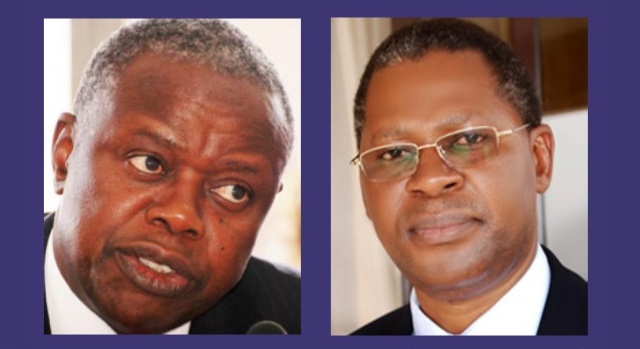
It should be a model for Ugandan businesses
Kampala, Uganda | IAN KATUSIIME | Ugandan businesses are said to suffer from the founder’s syndrome; a situation where a business operates primarily according to the personality of its founder. It gets worse when the founder dies.
However experts say majority of businesses and companies owned by Ugandans can learn a thing or two from the empire called Mukwano Industries Uganda Limited established by businessman Amirali Karmali popularly known as Mukwano who died this July.
Known for lying low and letting his businesses flourish, Mukwano succeeded in having his companies growing bigger brands than his personality. Moments after news of his demise broke, worker after worker described him as a father figure, his longtime employees who were not much younger referred to him as a brother.
One of his grandsons said Mukwano’s humility could be seen through his simple dress code. He said the old man owned about four shirts and three trousers and that was it. A stark contrast to the archetypal businessman in Uganda who cruises swanky cars and is always dressed in sharp suits.
The lifestyle of Mukwano was also a lesson to borrow for many businesspeople in Uganda who are said to confuse sales for revenue and thus in the end deplete business cash flow in pursuit of ostentation.
By the time Mukwano died, his son Alykhan Karmali was already in charge of the business having spent close to twenty five years as the MD of Mukwano Group.
“Mukwano Group of companies is one of the most successful (family) businesses in Uganda today,” said Gideon Badagawa, the Executive Director, Private Sector Foundation Uganda (PSFU). Badagawa said because of Mukwano’s urge to grow and sustain businesses, the businessman was able to evolve into a “trader, manufacturer, industrialist and a philanthropist through the times.”
Prof. Waswa Balunywa, the Principal of Makerere University Business School (MUBS) told The Independent the country has lost a great businessman and a great part of this economy. “He lived a real life of working hard to improve others.”
Balunywa says Mukwano was not just about making money and producing goods and services. “He lived the ideal life of a businessman of solving problems in society.” Balunywa says Mukwano helped clear 80% of the bill when MUBS was planning to construct a mosque of over Shs1 billion.
He says even if a profit eventually went to him, he sought to help others as his main goal. Balunywa says Mukwano’s humility is also a lesson to many businesspeople.
Businessman and journalist Andrew Mwenda says, from the story of Mukwano, Ugandans who intend to join the business world should know that the circumstances of one’s birth do not matter but “discipline, dedication and entrepreneurial ability”.
Mwenda also said Mukwano’s story demonstrates that one does not need higher education to succeed in life or business for that matter. “He started from nothing, he didn’t even have money.” He added that Mukwano started business at a time when Indians were being persecuted by the government then.
By the 2000s, Mukwano Industries had cemented itself as a leading manufacturer of high quality and affordable Fast Moving Consumer Goods (FMCGS). The group’s model of diversification had seen subsidiaries produce animal feeds, a plastics division and a range of personal care products.
****
 The Independent Uganda: You get the Truth we Pay the Price
The Independent Uganda: You get the Truth we Pay the Price



